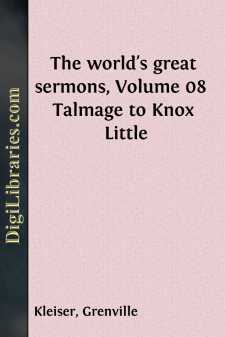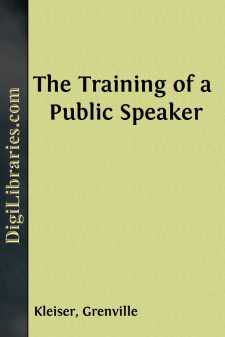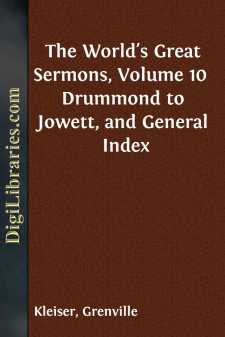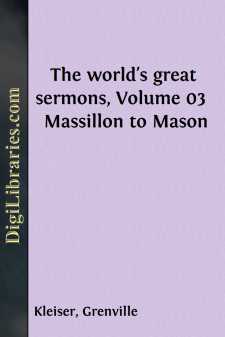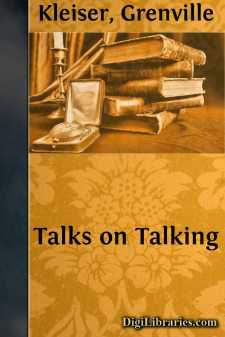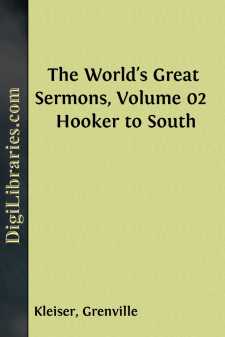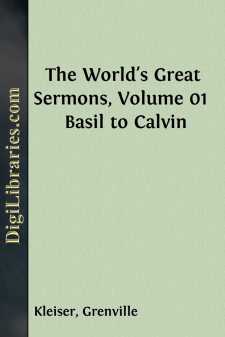Categories
- Antiques & Collectibles 13
- Architecture 36
- Art 48
- Bibles 22
- Biography & Autobiography 816
- Body, Mind & Spirit 145
- Business & Economics 28
- Children's Books 18
- Children's Fiction 14
- Computers 4
- Cooking 94
- Crafts & Hobbies 4
- Drama 346
- Education 58
- Family & Relationships 59
- Fiction 11834
- Foreign Language Study 3
- Games 19
- Gardening 17
- Health & Fitness 34
- History 1378
- House & Home 1
- Humor 147
- Juvenile Fiction 1873
- Juvenile Nonfiction 202
- Language Arts & Disciplines 89
- Law 16
- Literary Collections 686
- Literary Criticism 179
- Mathematics 13
- Medical 41
- Music 40
- Nature 179
- Non-Classifiable 1768
- Performing Arts 7
- Periodicals 1453
- Philosophy 66
- Photography 2
- Poetry 897
- Political Science 203
- Psychology 45
- Reference 154
- Religion 516
- Science 126
- Self-Help 86
- Social Science 82
- Sports & Recreation 34
- Study Aids 3
- Technology & Engineering 59
- Transportation 23
- Travel 463
- True Crime 29
Our website is made possible by displaying online advertisements to our visitors.
Please consider supporting us by disabling your ad blocker.
The world's great sermons, Volume 08 Talmage to Knox Little
Description:
Excerpt
TALMAGE
1832—1901
A BLOODY MONSTER[1]
[Footnote 1: Copyright, 1900, by Louis Klopsch, and reprinted by permission.]
It is my son's coat; an evil beast hath devoured him.—Gen. xxxvii., 33.
Joseph's brethren dipt their brother's coat in goat's blood, and then brought the dabbled garment to their father, cheating him with the idea that a ferocious animal had slain him, and thus hiding their infamous behavior. But there is no deception about that which we hold up to your observation to-day. A monster such as never ranged African thicket or Hindustan jungle hath tracked this land, and with bloody maw hath strewn the continent with the mangled carcasses of whole generations; and there are tens of thousands of fathers and mothers who could hold up the garment of their slain boy, truthfully exclaiming, "It is my son's coat; an evil beast hath devoured him." There has, in all ages and climes, been a tendency to the improper use of stimulants. Noah took to strong drink. By this vice, Alexander the Conqueror was conquered. The Romans at their feasts fell off their seats with intoxication. Four hundred millions of our race are opium-eaters. India, Turkey, and China have groaned with the desolation; and by it have been quenched such lights as Halley and De Quincey. One hundred millions are the victims of the betelnut, which has specially blasted the East Indies. Three hundred millions chew hashish, and Persia, Brazil, and Africa suffer the delirium. The Tartars employ murowa; the Mexicans, the agave; the people at Guarapo, an intoxicating product taken from sugarcane; while a great multitude, that no man can number, are the votaries of alcohol. To it they bow. Under it they are trampled. In its trenches they fall. On its ghastly holocaust they burn. Could the muster-roll of this great army be called, and could they come up from the dead, what eye could endure the reeking, festering putrefaction? What heart could endure the groan of agony? Drunkenness! Does it not jingle the burglar's key? Does it not whet the assassin's knife? Does it not cock the highwayman's pistol? Does it not wave the incendiary's torch? Has it not sent the physician reeling into the sick-room; and the minister with his tongue thick into the pulpit? Did not an exquisite poet, from the very top of his fame, fall a gibbering sot, into the gutter, on his way to be married to one of the fairest daughters of New England, and at the very hour the bride was decking herself for the altar; and did he not die of delirium tremens, almost unattended, in a hospital? Tamerlane asked for one hundred and sixty thousand skulls with which to build a pyramid to his own honor. He got the skulls, and built the pyramid. But if the bones of all those who have fallen as a prey to dissipation could be piled up, it would make a vaster pyramid. Who will gird himself for the journey and try with me to scale this mountain of the dead—going up miles high on human carcasses to find still other peaks far above, mountain above mountain white with the bleached bones of drunkards...?


